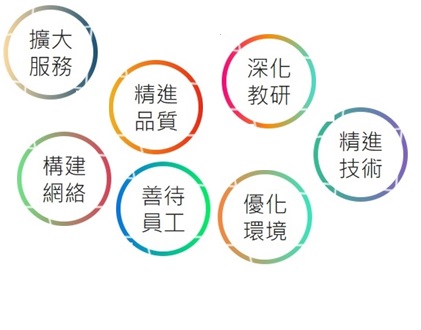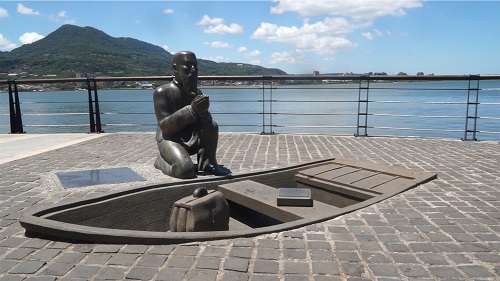生醫發展中心
生醫發展中心
Methods of diagnosing and treating hepatocellular carcinoma
Inventor: Jiunn-Chang Lin
Key word:Trilosatane, HSD3B1,
Hepatocellular Carcinoma
Introduction
Hepatocellular carcinoma (HCC) is a common malignancy in humans. In 2016, one million new cases of HCC and 829,000 cancer deaths were reported worldwide. In the US, the 5-year survival rate between 2006 and 2012 was approximately 18%. Diagnosis of HCC at an earlier stage can improve the 5-year survival rate of resectable HCC up to 50%; however, the survival rate of advanced, unresectable HCC remains low.
The HSD3B enzyme family, including HSD3B1 and HSD3B2, is a critical component of the androgen and estrogen metabolism pathway. A total of 44 out of 57 HCC tumor tissue (77.2%) showed increased HSD3B1 expression. The increased HSD3B1 in tumors was significantly associated with advanced HCC.
In vitro, the knockdown of HSD3B1 expression in Mahlavu HCC cells by a short hairpin RNA (shRNA) led to significant decreases in colony formation and cell migration. Trilostane-mediated inhibition of HSD3B1 in different HCC cells also caused significant inhibition of clonogenicity and cell migration. In subcutaneous HCC Mahlavu xenografts, trilostane (30 or 60 mg/kg, intraperitoneal injection) significantly inhibited tumor growth in a dose-dependent manner. Furthermore, the combination of trilostane and sorafenib significantly enhanced the inhibition of clonogenicity and xenograft growth. HSD3B1 blockade was found to suppress the phosphorylation of extracellular signal-regulated kinase (ERK).
Conclusion: Trilostane significantly inhibited the growth of HCC by inhibiting HSD3B1 function and augmenting the efficacy of sorafenib.
★The invention published in
Investigational New Drugs (2021) 39:1493–1506.
Title:Trilostane, a 3β-hydroxysteroid dehydrogenase inhibitor, suppresses growth of hepatocellular carcinoma and enhances anti-cancer effects of sorafenib


Contact us:
Biomedicine Development Center
- No.45, Minsheng Rd., Tamsui Dist., New Taipei City
- TEL:+886-2-2809-4661#3064
- Mail: mmhiicip@gmail.com


